Written by: Waseem Abbas
Posted on: November 25, 2021 |  | 中文
| 中文
In Xinye village, tourists strolling close to the main pond and the ancestral halls
Few villages in the modern world have succeeded in preserving their culture from the onslaught of modernization and technological advancement. Xinye village, a mountainous area located in the Zhejiang province of China, is one such example. Founded in the Song Dynasty, 960–1279, this village is credited to have preserved the Ming, 1368–1644, and Qing, 1644–1912, era architecture and buildings in their original form. It is considered the largest open-air museum in China since it has kept intact the 16 ancestral halls and 230 residential buildings, built during the Song and Ming eras. Xinye was declared as the 'National Historic and Cultural Village of China' in 2010.
The founder of the village, Ye Kun, moved there in 1219, during the era of emperor Ningzong of the Song Dynasty. Twenty-nine generations have passed since Ye Kun, yet most of the villagers have still kept the surname 'Ye', to acknowledge Kun's efforts in establishing this village. The villagers are known as the 'Yuhua Ye' clan. The clan is further divided into five subclans: Chongzhi, Chongren, Chongde, Chongyi, and Yuqing. The ancestral halls of each clan, where important meetings pertaining to the administration of the locality are held, are located in different parts of the village. The tradition of holding important meetings in the ancestral halls is unabated for the last eight centuries.
Xinye is a vibrant cultural town in which ancient ancestral customs are still practiced. The village miraculously managed to protect its cultural monuments during the Cultural Revolution, a violent socio-political movement that started in China in 1966, aimed at preserving the Chinese variant of communism by destroying the remnants of capitalism and old Chinese traditional practices from China. The villagers achieved their goal by coating lime and placing papers, inscribed with Mao Zedong's quotes, on the sculptures and carvings of their ancestral buildings and architectural masterpieces. The main reason for its cultural preservation is its deeply embedded practice of ancestors' worship and its strong clan system. Most of the temples in the village are named after the ancestors of the villagers. A genealogy book which contains the names of all the individuals of this village from its foundation till today has been maintained to this date, and is updated after every sixty years with a grand ceremony. The indigenous cultural practices of the village, including the veneration of the elders and eating family meals on festivals, resonate with greater Chinese norms. Eating meals as a family, respecting the elderly, praying for good luck as well as prosperity, and singing poetry are inseparable parts of many Chinese Festivals, including the Mid-Autumn Festival and the Chinese New Year.
The most important festival in Xinye village is the Shangsi Festival, which is also known as Double Third, that is celebrated on the occasion of the birthday of the Yellow Emperor. The centrality of Shangsi Festival in Xinye village is a deviation from the mainstream Chinese culture, where the New Year or the Mid-Autumn Festival are considered as the most important festivals. Even though there is no consensus about the origins of Shangsi Festival, it likely originated from the years-old Chinese custom of getting rid of evil by bathing in the river. In addition to the Xinye village, many communities in China, such as the Zhuang ethnicities, also celebrate the Shangsi Festival. The Shangsi Festival is not only limited to China; it is celebrated in many East Asian countries, including Korea, Japan, and Indonesia.
The festival, which is celebrated on the third day of the third month of the Chinese calendar, involved individuals hold a sacrificing ceremony on the riverbank to pay homage to their ancestors, which is also termed ancestors' worship. After that, people bathe in the river to purify their bodies and to ward off bad luck and diseases. It also serves as the Chinese variant of Valentine’s Day, where young men and women go out for outings, share flowers—orchids, and find their life partners. Many romantic scenes that occurred during the Shangsi Festival are described in Shijing or Shih-ching—the classic of poetry; which is translated as 'Book of songs' into many languages. It is the oldest surviving Chinese poetry collection dating back from the 11th– to 7th centuries BC, and is said to have been compiled by Confucius, 551-479 BCE. This festival also includes a 3-Km ritualistic procession to Yuquan temple and back, listening to choir music, eating glutinous rice, among others.
The Chinese government is assisting in the preservation of both the cultural practices and the ancient architecture of Xinye village. The Chinese government has granted it the status of a National Historic and Cultural Village of China and it aims to help the village obtain the status of a World Heritage Site in the near future. The preservation of heritage sites in Xinye village has benefits pertaining to tourism, entertainment, education, as well as history. It also helps in strengthening the Chinese identity and heritage, and in bolstering the country’s image internationally.
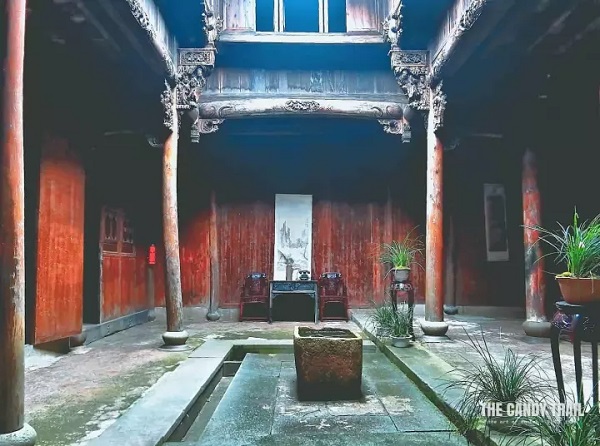
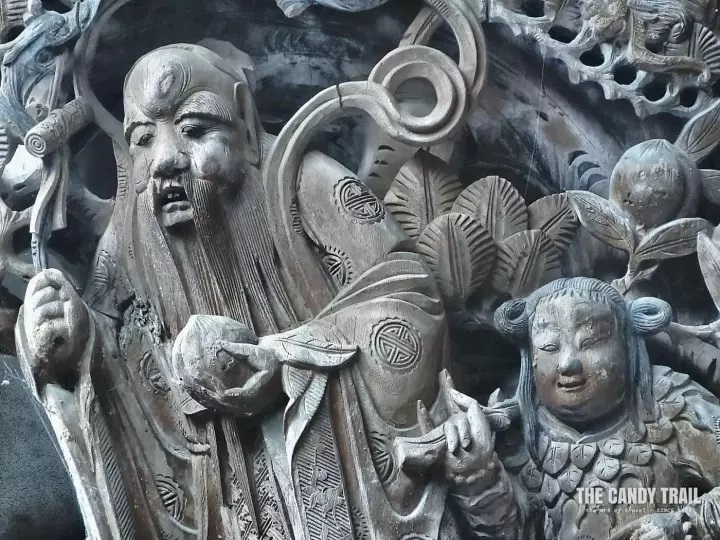
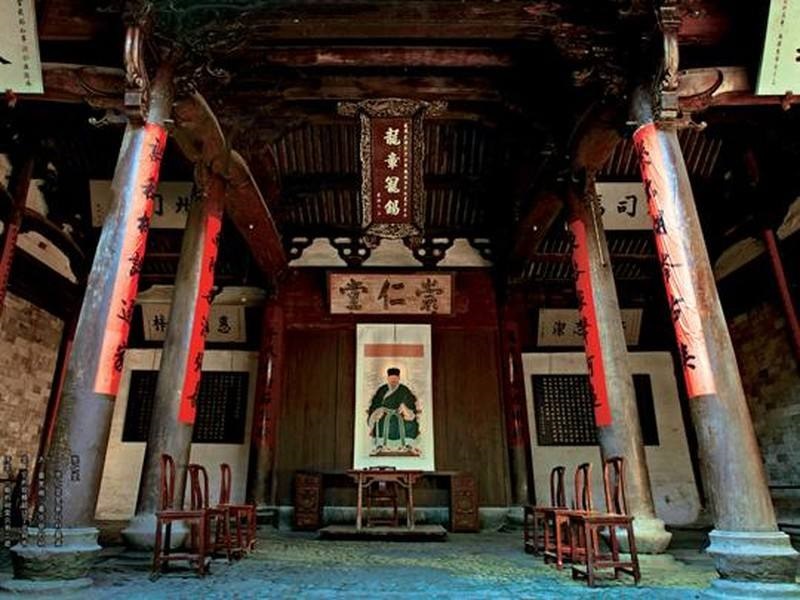
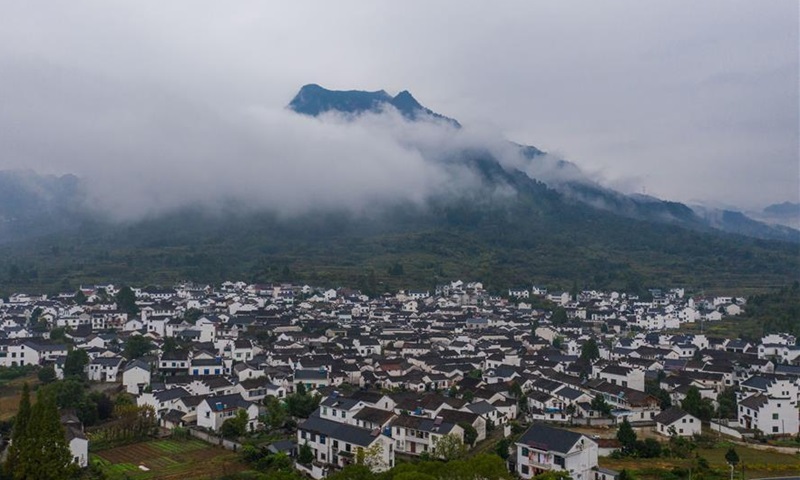
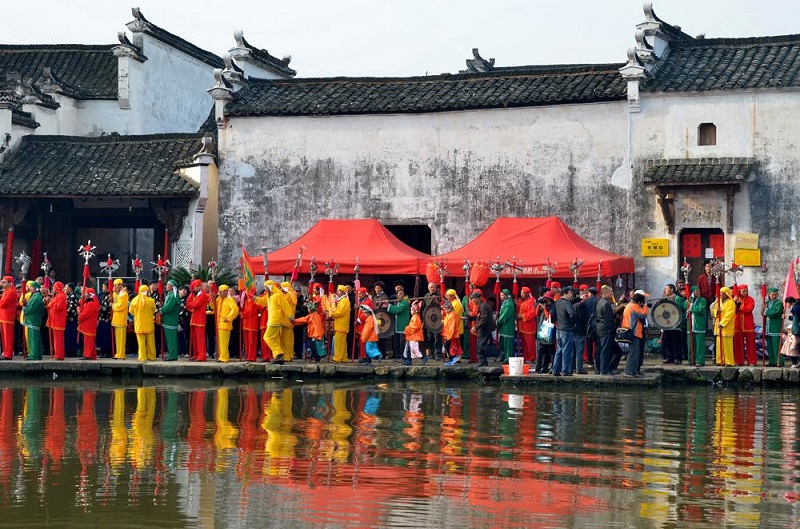
You may also like: